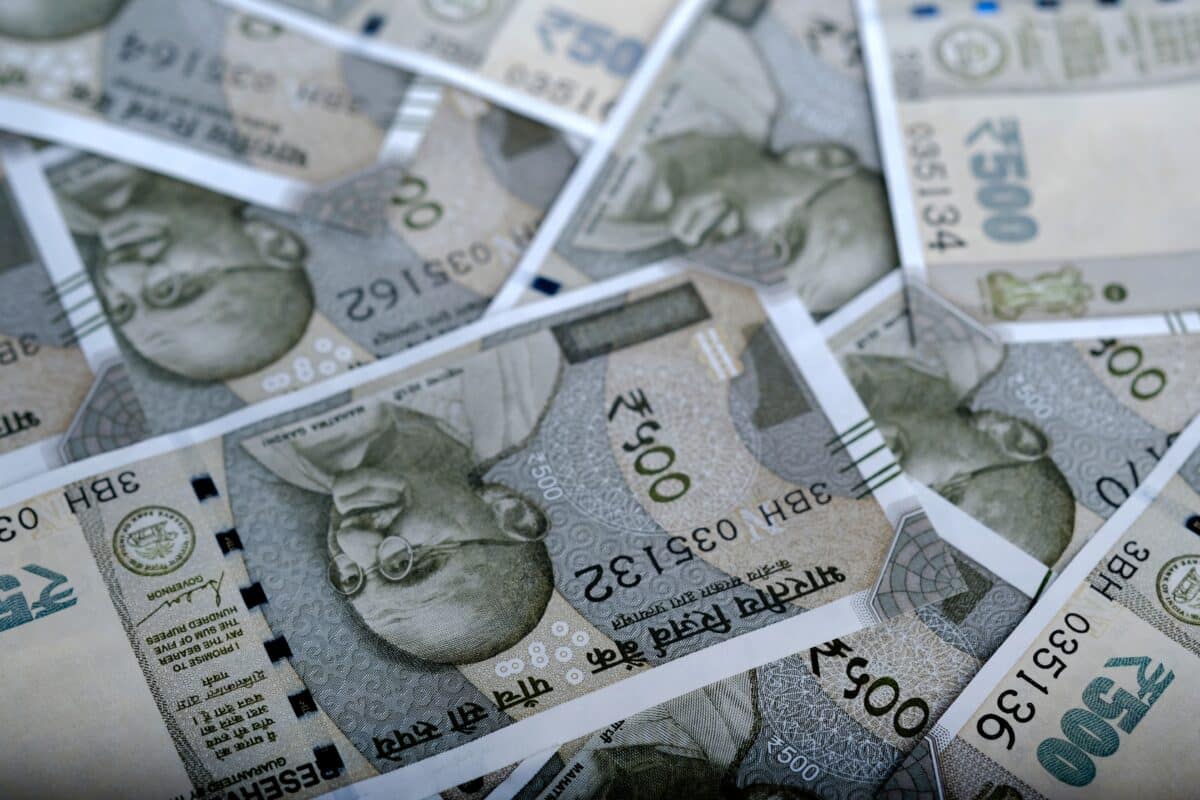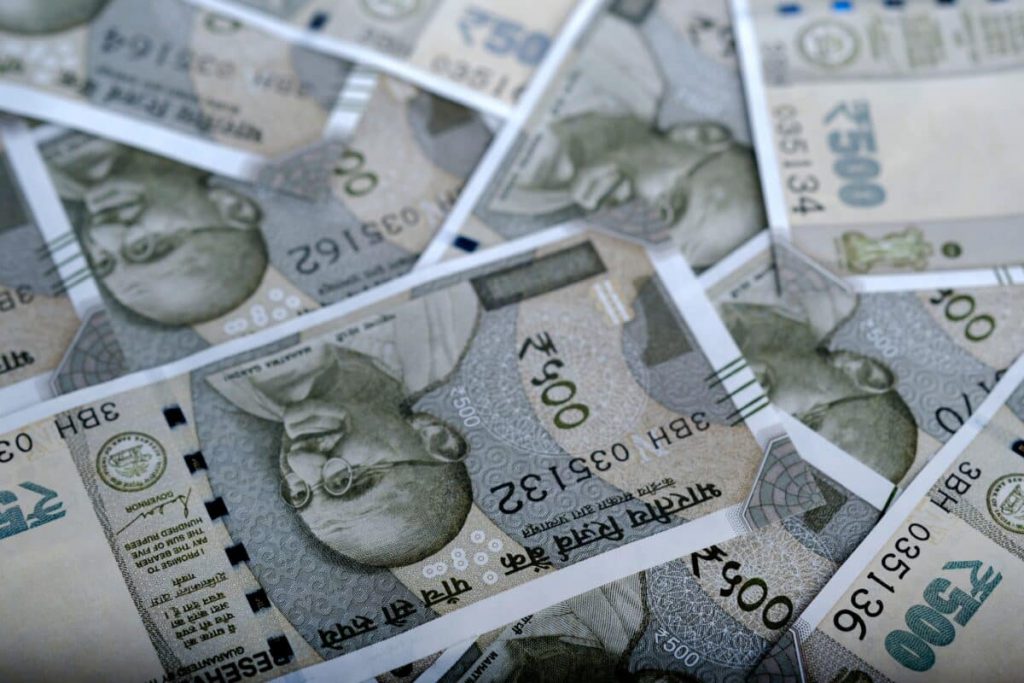
Unravelling the Dynamics of the Indian Rupee Rate
In the ever-fluctuating landscape of global currencies, the Indian rupee rate is navigating the currents of external forces. Recently, the rupee experienced a dip, standing at 83.2475 against the U.S. dollar. This marks a 0.07% decrease from the previous session’s close of 83.1925. The downturn is attributed to heightened demand for the dollar from major foreign banks, subtly influencing the local unit’s trajectory.
Dance of the Currencies – Asian Peers Rise, Rupee Weighed Down
While most Asian currencies saw gains ranging from 0.1% to 0.5%, the Indian rupee faced headwinds due to substantial dollar demand from large foreign banks. Analysts suggest that this demand, possibly on behalf of custodian clients, exerted downward pressure on the rupee. The dollar index, stable at 101.5, hovers near its lowest levels since late July, setting the stage for an intriguing currency dance across the continent.
Unveiling the Drivers – Merchant Flows and Speculative Activity
Delving deeper into the dynamics influencing the rupee rate, market experts point to “merchant flows” as a primary driver. Speculative activity remains subdued as the year ends, emphasising the significant impact of merchant activities on the currency’s price action. The muted speculative environment might reflect a strategic response to prevailing uncertainties, providing insight into investors’ cautious strategies.
Current Account Surplus and Balance of Payments Outlook
India’s economic fundamentals are pivotal against the backdrop of currency fluctuations. The current account deficit for the July-September quarter surprised markets by falling to $8.3 billion, or 1% of GDP. This decline from the previous quarter’s $9.2 billion was more than expected and contributed to an overall balance of payments surplus. Barclays expressed optimism in a note, stating that while the capital account surplus barely edged over the current account deficit, improvements are anticipated.
Looking Ahead – Forward Premiums and Rate Cut Expectations
Looking ahead, the forward premiums for the rupee have experienced an uptick. The 1-year implied yield has risen to 1.78%, its highest point in over two months. This surge in forward premiums is attributed to speculation about a potential policy rate cut by the U.S. central bank. Investors are factoring in a high probability of a rate cut come March, adding complexity to currency dynamics.
In the grand theatre of currency exchange, the Indian rupee rate responds to ripples caused by global events. The recent dip, fueled by dollar demand from foreign banks, highlights the delicate balance of currencies in an interconnected world. Navigating through uncertainty, merchant flows, speculative activities, and macroeconomic fundamentals shape the rupee’s destiny. With the balance of payments in surplus and forward premiums rising, the Indian rupee remains a captivating story in global finance.



